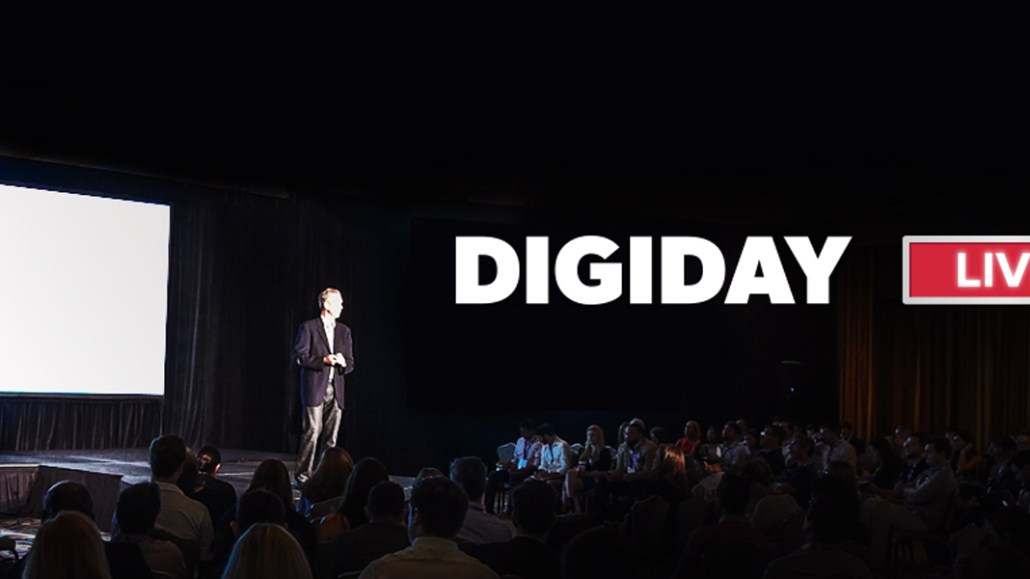
Paul Ross, president of The Economist, joined Digiday editor-in-chief Brian Morrissey for a discussion at Digiday Publishing Summit Japan in February. Some highlights:
For The Economist, the election of Donald Trump has been good for its subscription business. The Economist saw its daily subscription rate go up five times.
“We might not agree with the content coming out of Washington, but it’s a fantastic time to be writing.”
Rossi is a staunch believer in being clear-eyed with it comes to platforms like Facebook. For the Economist, Facebook and Google are a way to drive subscriptions, often through providing samples of their content to a new audience.
“If [platforms] are an extension of your advertising business, then beware because that’s not in my mind a long-term, viable position.”
“These platforms have no moral obligation to support good media. They don’t care.”
Reality check for content studios. Publishers are getting into content studios, but they’re finding that the margins for the agency business are not as good as media.
“What we’re seeing is media businesses are winning business based on the quality of their idea, not on their audience. Ultimately with programmatic and data, you can find audiences wherever they are.”
More in Media

In Graphic Detail: The scale of the challenge facing publishers, politicians eager to damage Google’s adland dominance
Last year was a blowout ad revenue year for Google, despite challenges from several quarters.

Why Walmart is basically a tech company now
The retail giant joined the Nasdaq exchange, also home to technology companies like Amazon, in December.

The Athletic invests in live blogs, video to insulate sports coverage from AI scraping
As the Super Bowl and Winter Olympics collide, The Athletic is leaning into live blogs and video to keeps fans locked in, and AI bots at bay.





